As misinformation and disinformation on social media continue to rise across Africa, academics, media professionals, and thought leaders are rallying for a united response to curb its damaging effects.
According to a recent African Centre for Strategic Studies report, disinformation campaigns in Africa have quadrupled over the past two years. The report, which involved 39 African countries, identifies Russia as the continent’s primary source of disinformation—followed by China and domestic political actors, with troubling involvement in South Africa’s 2024 general elections.
These campaigns, the report says, pose significant threats to democratic processes, public trust, and human security.
In response, stakeholders are calling for the collective power of the African diaspora—academics, journalists, and civil society—to push for accountability from powerful digital platforms like Facebook, X, and TikTok.
This urgent conversation took center stage at a recent roundtable hosted by the University of Johannesburg (UJ), themed “Speaking the Truth by Understanding the Untruth: Addressing Fake News and Disinformation in South Africa and the African Continent”.
Hosted by Higher Education Media Services, the event featured top speakers including UJ Vice-Chancellor Prof. Letlhokwa Mpedi; Press Council of South Africa’s Executive Director Phathiswa Magopeni; renowned author and media scholar Anton Harber; UJ’s Head of Media and Communications Prof. Admire Mare; Kenyan science journalist Mary Mwendwa; Reggy Moalusi from the South African National Editors’ Forum; and Christina Chan-Meetoo of the African Journalism Education Network.
The Call for Continental Unity
Prof. Mpedi warned that the rise of generative AI could accelerate the spread of disinformation, with dire implications for Africa. “The impact on Africa cannot be ignored,” he said, urging for proactive strategies to “fight for the truth.”
Anton Harber emphasized that Africa must take a cue from the European Union’s unified response to digital disinformation. “We must unite and hold these massive platforms accountable. Their power cannot continue unchecked,” he said. Harber expressed disappointment that companies like Meta have pulled back from earlier commitments to self-regulation, calling it a “major setback.”
He stressed that while self-regulation remains ideal, African governments may eventually need to develop careful and prudent regulation—balancing free speech with public safety.
Prof. Mare added that the solution must go beyond national efforts. “Individual countries don’t have the leverage. We need a coordinated continental voice,” he said, expressing concern over the African Union’s limited action on the issue.
Media Literacy and Public Awareness Are Key
Phathiswa Magopeni highlighted the transnational nature of disinformation, citing a campaign by AfriForum in the United States that influenced public opinion globally, including misleading narratives about a “white genocide” in South Africa.
She advocated for a multi-pronged strategy that includes cross-border collaboration among governments, improved fact-checking tools, and public education on digital literacy.
Christina Chan-Meetoo echoed the call for joint efforts. “We must team up as countries. Together, we can push for shared regulations, enhance journalism training, and integrate media literacy into education systems.”
Women Journalists Face the Worst Online Harassment
Kenya’s Mary Mwendwa shared insights from her country, where disinformation laws exist but enforcement remains weak. “Digital platforms are enabling political propaganda, hate speech, and online abuse—especially targeting women journalists and politicians,” she said.
She stressed the need for grassroots awareness, saying: “The public must be taught to recognize fake news. Many simply can’t tell the difference between real and manipulated content.”
The Urgency of Now
As disinformation increasingly undermines democracy and public trust across Africa, experts agree that action is urgently needed. Whether through self-regulation or carefully crafted policy, the consensus is clear: digital platforms must be held accountable.
“We need to act fast,” Mwendwa concluded. “If we don’t, the consequences for Africa’s democracy and peace will be devastating.”


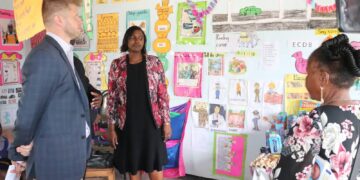

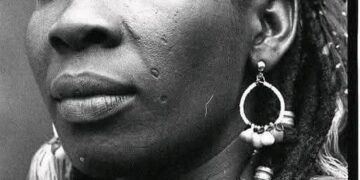
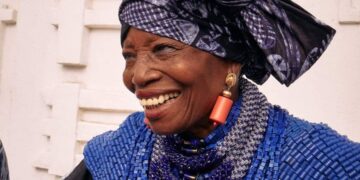
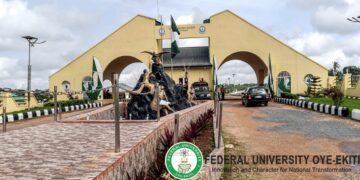



























































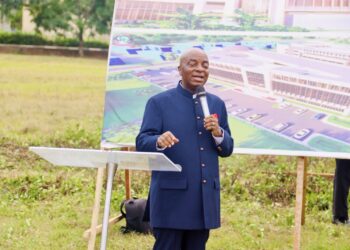
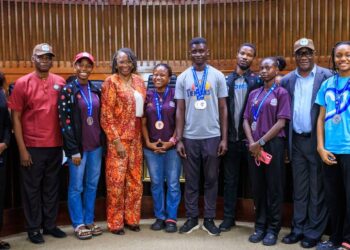
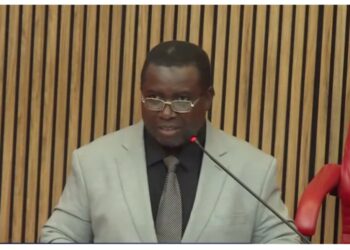
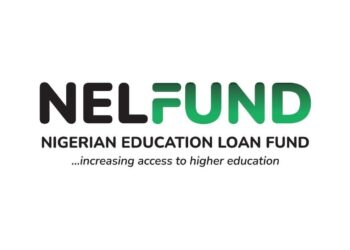
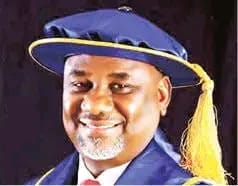
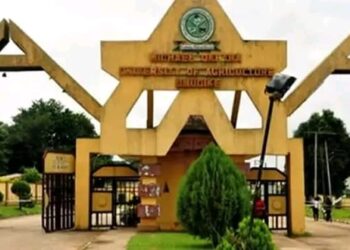










 EduTimes Africa, a product of Education Times Africa, is a magazine publication that aims to lend its support to close the yawning gap in Africa's educational development.
EduTimes Africa, a product of Education Times Africa, is a magazine publication that aims to lend its support to close the yawning gap in Africa's educational development.